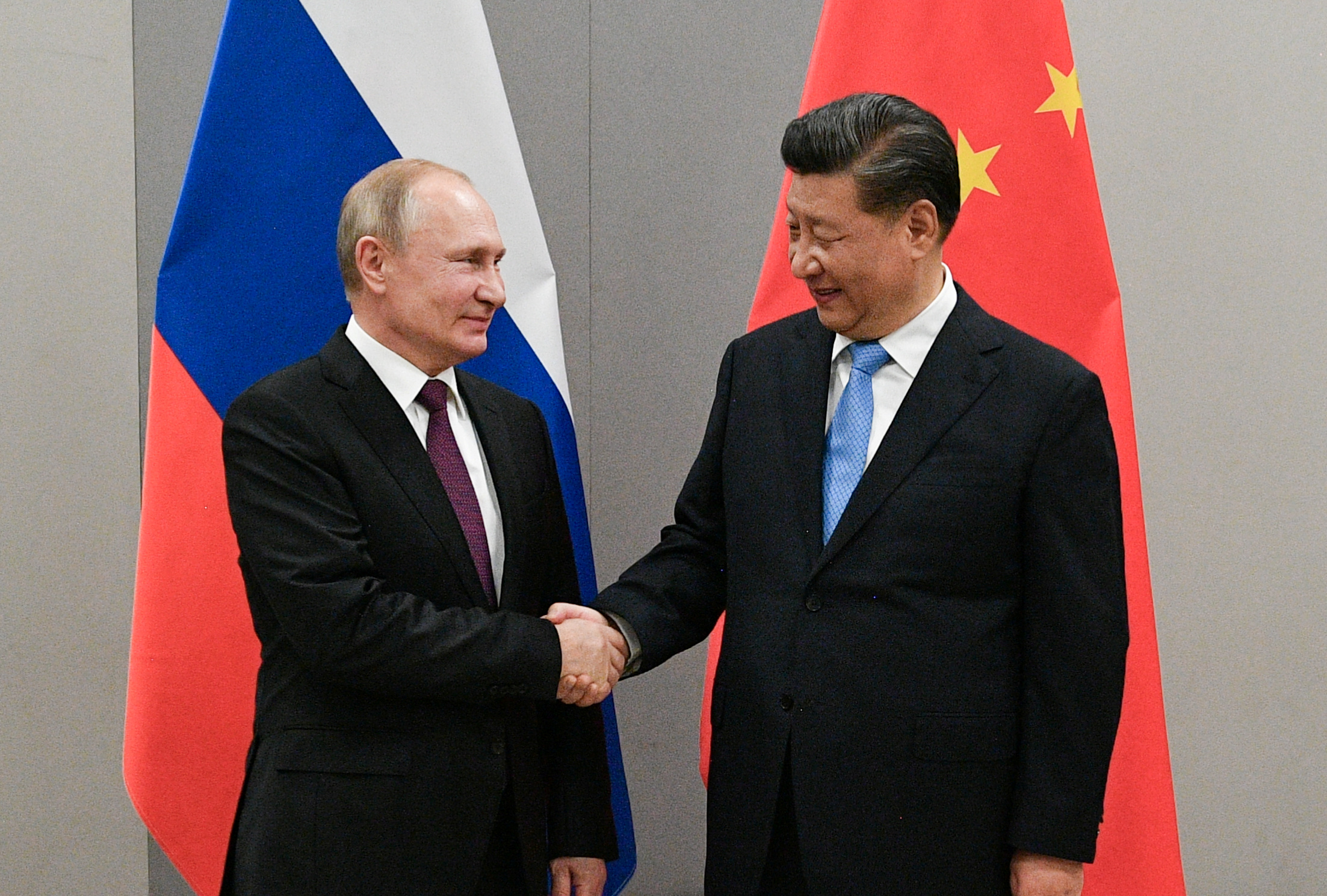USA poked India when it bought more Russian oil, but is silent as China buys more Russian coal.
Ever since the Ukraine crisis started, New Delhi has been repeatedly questioned on its decision to purchase Russian oil. The predominant view in Washington has been that New Delhi must support Western decisions to cut Russian energy, minerals and metals from global trade. The argument has been rejected by India, which has been able to procure Russian oil at a significant discount. India imports 85 percent of its oil needs and as the Finance Minister recently quipped, “Why shouldn’t I?”, highlighting New Delhi’s strategic choice. But while India has been subjected to countless criticism, there seems to be no noise around China’s decision to increase its purchase of Russian coal. Since the Ukraine crisis began, China has procured large volumes of Russian coal at a significant discount. But there are few DC voices that seem to be concerned or willing to put China on the mat on its economic choices. For President Biden and his team, which is trying to shore up support from India and other countries against China’s expansionism, this selective outrage could be troublesome.
The world’s second largest economy bought a record amount of coal in the month of April from Russia. To further ease prices, China also slashed import duties and tariffs on most varieties of coal. The move further boosts Russian coal imports by Chinese companies. The uptick in import from Russia has been aided by the embargo on Australia after the latter sought an independent enquiry into the origins of the coronavirus pandemic. China had cleared earlier shipments of Australian coal that was stranded at Chinese ports for months but its unofficial ban has not been lifted. Due to these factors, Russia now accounts for a little under a fifth of total Chinese coal imports. Ideally, as trade volumes went up, there should have been commensurate calls for action, like those when India hiked purchase of Russian oil. Cheap coal is vital to kickstart the Chinese economy that continues to stutter. In the wake of persistent lockdowns, manufacturing activity is very sluggish and the real estate sector is now in a major slump. To revive these sectors, China is now likely to go full-steam on its tried-and-tested growth model of supply-driven and investment-led formula. This will mean higher output from steel plants and large scale investment projects. All of this will mean much higher quantities of coal and getting it cheap from Russia makes sense.
Politically, this move helps China too. President Xi is able to help his ally President Putin, as Russia faces deep economic sanctions. Both leaders are natural partners due to their common disdain for democratic freedom and individual liberties and remain heavily invested in toppling the America-centric world order. Till now, the Chinese president has maintained a calculated silence on Russian invasion and has been careful not to violate any secondary Western economic sanctions. Buying more coal from Russia is a friendly gesture, at a time when Moscow desperately needs alternate sources of revenue. It may also be read as a sign that China is moving towards solidifying its ties with Russia, raising the possibility of a clear understanding on matters related to geo-economics, geo-politics and geo-technology.
But as Russia and China inch closer towards alignment of long-term strategic goals, it remains unclear why Washington has chosen to remain a mute spectator. More so, since it preferred to call out its partner and fellow Quad-member India over its oil deal with Russia. Equally important is the fact that American silence comes at a time when it is hoping for cooperation with China on climate change. It is one of the few areas where the countries may not be engaged in a power struggle. But even in this area, it looks unlikely that much progress will be made. Higher coal imports indicate that China is going back on some of its most public pledges to reduce and even end its dependence on coal-fired plants. Climate commitments have taken a backseat as all efforts are now being made to put the economy back on the fast track. And China’s coal reliance is very significant, with nearly 60 percent of its electricity output being generated from thermal coal. Coal makes up more than half of China’s total energy usage. Moreover, nearly 90 percent of Chinese steel is produced in blast furnaces that burn coking coal. Add to this the government’s directive to restart coal-fired plants after the severe power crisis of 2021 that left millions of homes and factories under darkness. These decisions indicate a major shift in Chinese position and should be responded to, if not by President Biden then by his special climate envoy John Kerry.
On more counts than one, China’s decision to increase its Russian exposure warrants a strong American response. The question is why President Biden and his administration have a different playbook for India and China. As global power equations change and the hangover of the Ukrainian crisis continues, it is the ability to call out China and offer a roadmap that will preserve American credibility and its position. After all, as he heads to meet his allies Seoul and Tokyo in Asia, President Biden needs an action plan. But what good is an action plan for America’s allies and partners if Chinese actions attract no ire from the US?

